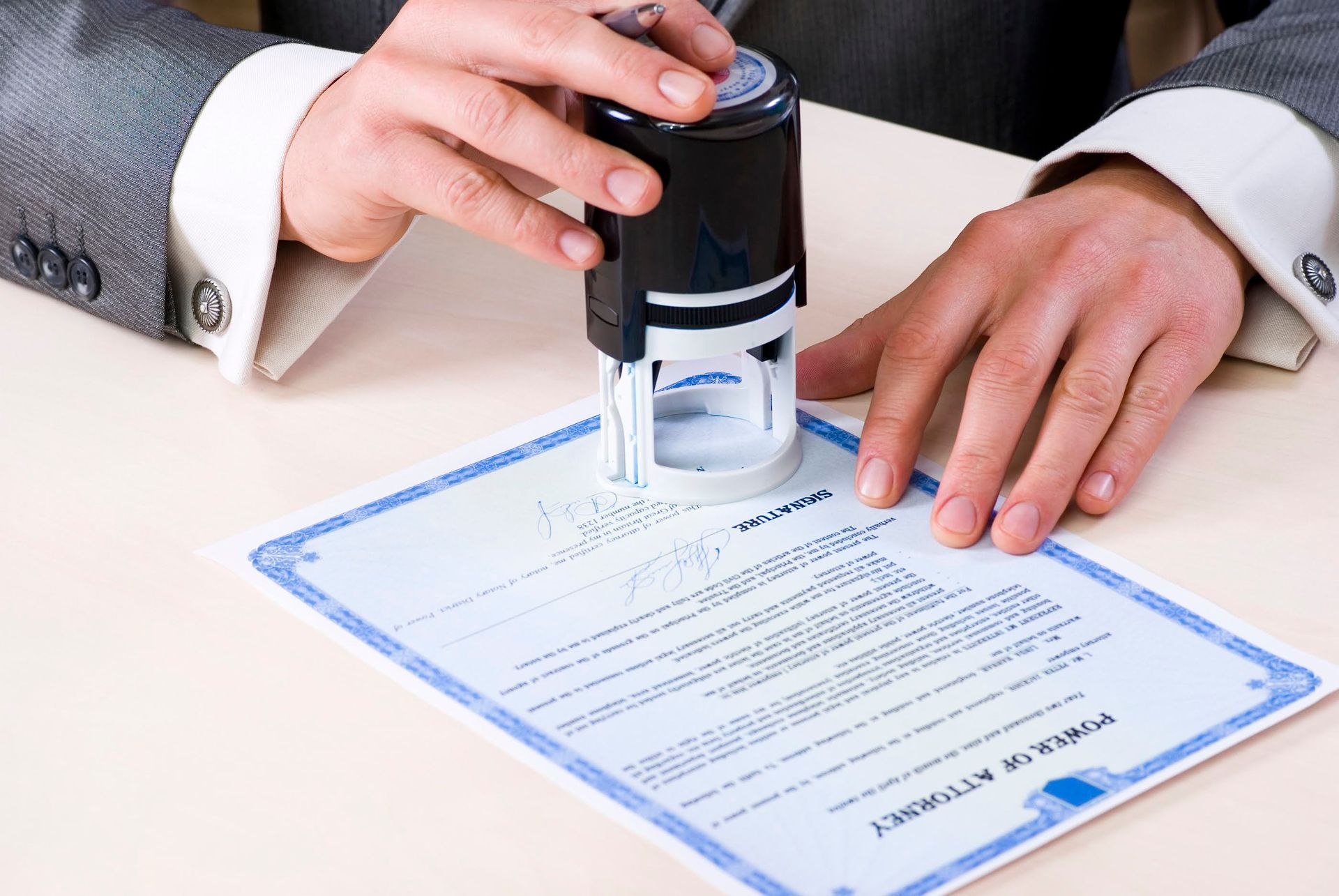3 Reasons to Consider a Living Trust | Donald P. Linsky and Associate
3 Reasons to Consider a Living Trust
Most people already understand the benefits of a last will and testament, but far fewer understand the uses and purposes of trusts. Trusts aren't just for the very wealthy. They can benefit people in every walk of life by protecting your estate and keeping your loved ones financially secure after your death.
If you've never considered a trust before, keep reading: this is the blog for you. Below, we'll explain what a trust is and list the main benefits it could offer you and your family members in the event of your death.
1. You Want to Ensure Your Heirs Inherit Quickly
Probate is the legal process your last will and testament goes through after your death where the courts ensure your will is legally viable and carry out its instructions. Unfortunately, probate can take months — or even a year or more — and your loved ones won't be able to access the financial assets you've left them until the will leaves the probate phase.
In contrast, inheritors can access funds and other assets you leave them in a trust almost immediately. Trusts also help your heirs avoid costly fees that can accompany probate. Additionally, the probate process makes your will public as it goes through the court system. If you don't want just anyone to see where you've allocated your assets after death, a trust ensures your privacy.
2. You Want to Financially Protect Your Children
You've heard of "trust fund kids," but a trust doesn't have to be a large spending pool your kids can dip into any time they want. Instead, a trust for your children holds your assets in a secure fund after you die, and you can secure the conditions of the money's release.
For instance, you can stipulate that your children only access the funds in certain situations or at certain ages; they could receive a portion of the trust at age 18 and receive the rest at different ages.
Your trust fund can also pay out financial assets to the people you've designated as guardians of your minor children in the event of your death, but the trust can stipulate when the guardians can access those funds and how much while preserving the rest of the funds solely for the children.
In particular, if you worry your kids could burn through their inheritance too quickly and not leave themselves enough money to live on when they're older, you can follow the same protocol for adult children as you would with minor children. Doing so could mean only granting them access to a certain portion of the trust throughout their lives.
3. You Want to Reduce the Possibility of Legal Challenges After Your Death
Trusts aren't impossible to challenge, but they're much harder for disgruntled beneficiaries to fight in court. If you worry about an inheritance fight after your death, a trust will give you a better chance than a will and testament that your wishes will actually be carried out after your death.
Of course, people you've removed from your trust or potential inheritors who disagree with how you've divided your estate could still challenge your trust by claiming you were pressured into making the trust assignations the way you did. Simply creating a trust isn't a guarantee that your family will avoid a legal fight over your wishes, but those legal challenges will be much more difficult for potential heirs to win than with a will.
Interested in creating a living trust? Turn to Donald P. Linsky and Associate PA. Reach out to our offices in Tampa and Sun City Center to schedule a consultation.













